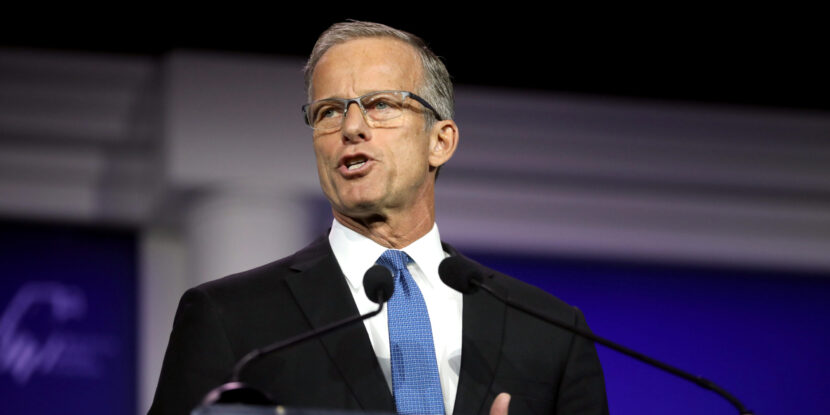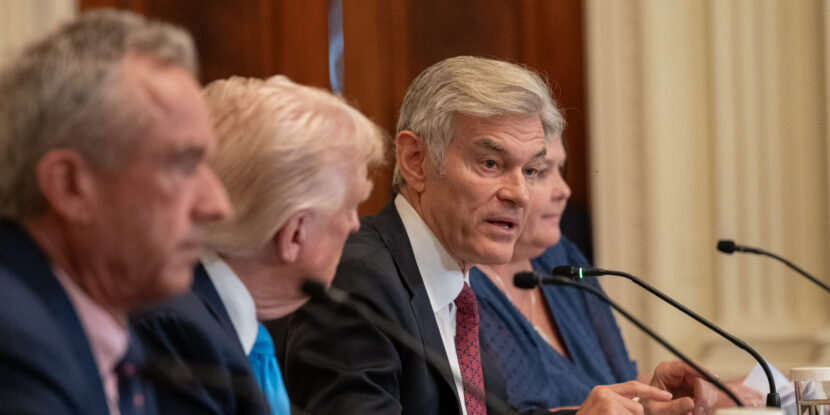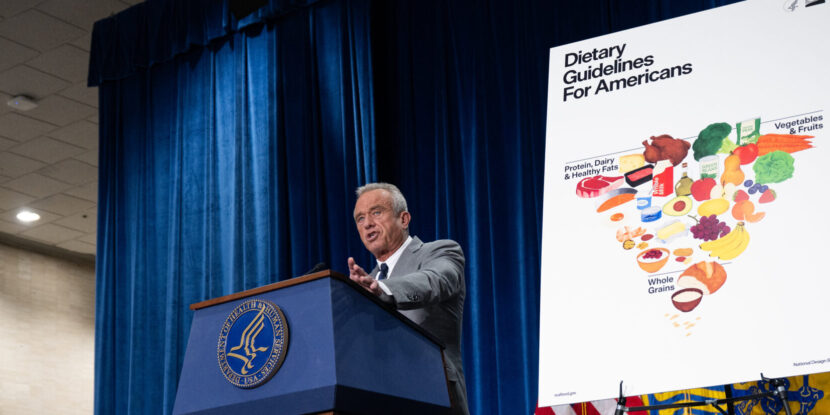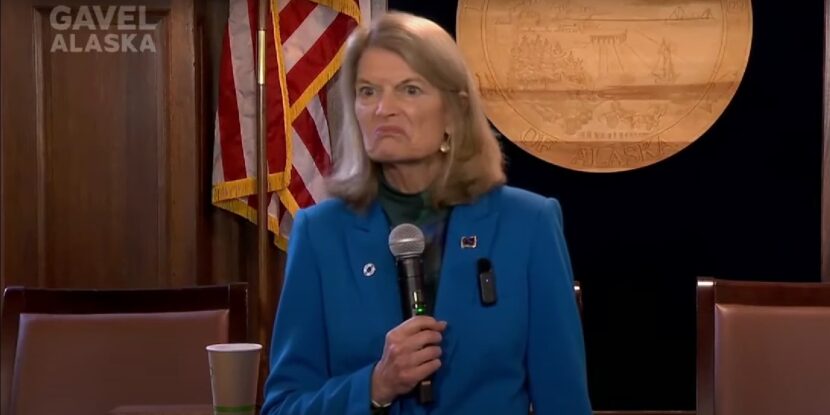❓WHAT HAPPENED: Senate Republicans unveiled a new proposal for Medicaid reforms within President Donald J. Trump’s “Big Beautiful Bill,” aiming to implement stricter eligibility and work requirements while limiting states’ use of health care provider taxes to qualify for additional funding.
👤WHO WAS INVOLVED: Senate Majority Leader John Thune (R-SD), Senate Finance Committee members, and President Donald Trump.
📍WHEN & WHERE: The Senate Finance Committee revealed the proposal on Monday evening.
💬KEY QUOTE: “The things that we’re doing are going to strengthen it, improve it, and make it available to people for whom it was intended.” – John Thune.
🎯IMPACT: The reforms aim to reduce federal Medicaid spending by over $700 billion, with Senate Republicans arguing it will curb unnecessary spending while preserving benefits for vulnerable Americans.
Senate Republicans are pushing to enact more expansive Medicaid reforms in President Donald J. Trump’s “Big Beautiful Bill,” surpassing the changes implemented in the House-passed version with further tightened eligibility and stricter work requirements. The Senate Finance Committee unveiled its proposed changes Monday evening, including measures to limit states’ use of health care provider taxes to secure additional federal funding.
The Senate’s proposal is projected to exceed the $700 billion in federal Medicaid spending reductions included in the House version of the reconciliation bill. Republican leaders have touted these reforms as the most significant reduction to mandatory spending in a budget bill in U.S. history.
“[T]his is a program that’s ripe for reform. The things that we’re doing are going to strengthen it, improve it, and make it available to people for whom it was intended,” Senate Majority Leader John Thune (R-SD) said in a recent interview, adding: “It shouldn’t be available for illegal immigrants. There are people who are ineligible. There are people, able-bodied males who are of working age; there ought to be a work requirement attached to it. These are all reforms to a program that was desperately in need of reform.”
The Senate plan targets provider taxes, reducing the cap states can impose on health care providers to receive federal Medicaid funding. Starting in 2027, the cap will gradually decrease to 3.5 percent by 2031. Additionally, the Senate proposal expands work requirements to include adults with children aged 14 or older, a step beyond the House version, which exempted adults with dependent children entirely.
However, not all Senate Republicans support the far-reaching reforms. Senator Josh Hawley (R-MO) panned the proposal, arguing that the provider tax changes would essentially “defund rural hospitals” to pay for “Biden ‘Green New Deal’ subsidies.”
Join Pulse+ to comment below, and receive exclusive e-mail analyses.




















